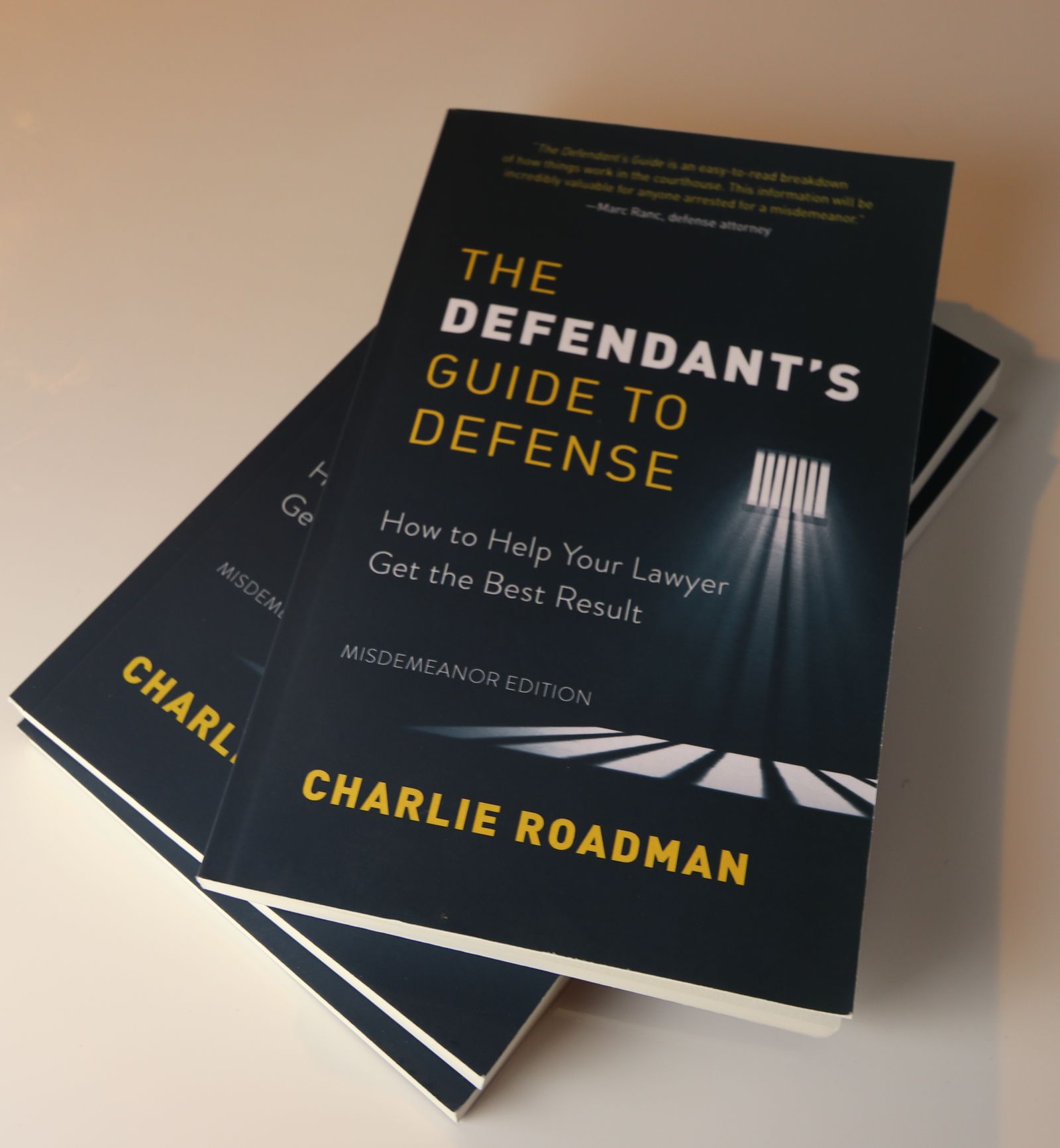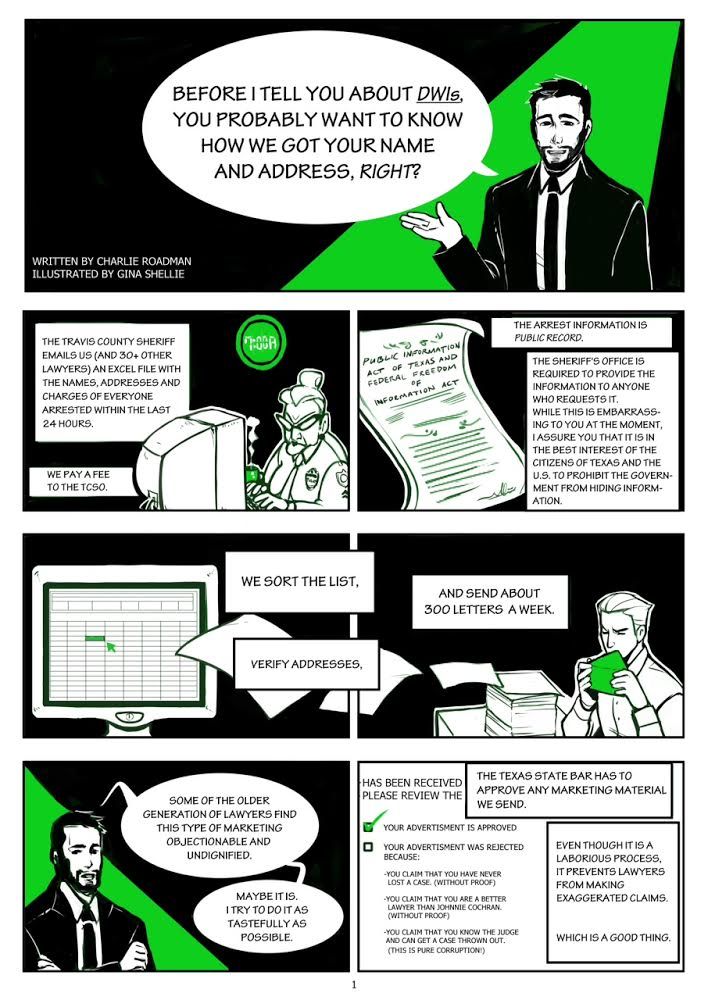Timeline of a Criminal Case
Timeline of a Criminal Case
Charlie discusses the timeline and different phases of a criminal case.
FAQs
Q: What is the timeline of a criminal case?
A: A criminal case begins with an arrest and ends with a resolution, which could be a plea, dismissal, or jury trial verdict. If probation is involved, the case continues past resolution.
Q: What are the key steps after an arrest?
A: Following an arrest, you are released from jail and then you should hire or get assigned an attorney. It's crucial to follow all bond conditions and stay out of trouble during this period.
Q: What is the role of court dates in a criminal case?
A: Court dates occur periodically, often monthly, serving as check-in points to ensure the case is moving towards a resolution.
Q: What happens during the administrative phase of a criminal case?
A: In this phase, the court creates documents, assigns a court, and prepares various paperwork, including indictments. This administrative work can take several months.
Q: When does the evidence get released to the defense attorney?
A: Evidence such as videos, offense reports, or witness statements are released to the defense attorney after the administrative phase. This process can be lengthy, especially in DWI cases where blood results may take months.
Q: When do negotiations with the prosecutor start?
A: Negotiations begin once the main pieces of evidence have been distributed to both the defense and the prosecution.
Q: What is involved in the negotiation process?
A: Negotiations may include discovering additional evidence and deciding whether to accept a plea bargain or proceed to a suppression hearing or trial.
Q: What is a 'good guy/gal packet' and why is it important?
A: This packet contains documentation showcasing accomplishments and positive aspects of the defendant’s character. It's used by the attorney to negotiate a better outcome.
Q: What should a defendant do during negotiations?
A: Throughout the negotiation process, the defendant should follow the attorney’s advice and continue to build their good guy/gal packet, doing activities that positively influence the negotiation.
Q: What happens if a plea bargain is not accepted?
A: If no plea bargain is accepted, the case is set for trial or a suppression hearing, during which the legality of evidence is contested.
Q: Why can criminal cases take a long time to resolve?
A: The process involves several stages, from administration to evidence review and negotiation. Delays are often due to the process itself, not necessarily the actions of the defense attorney.



